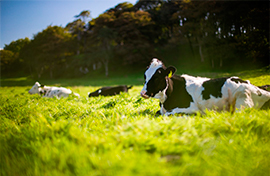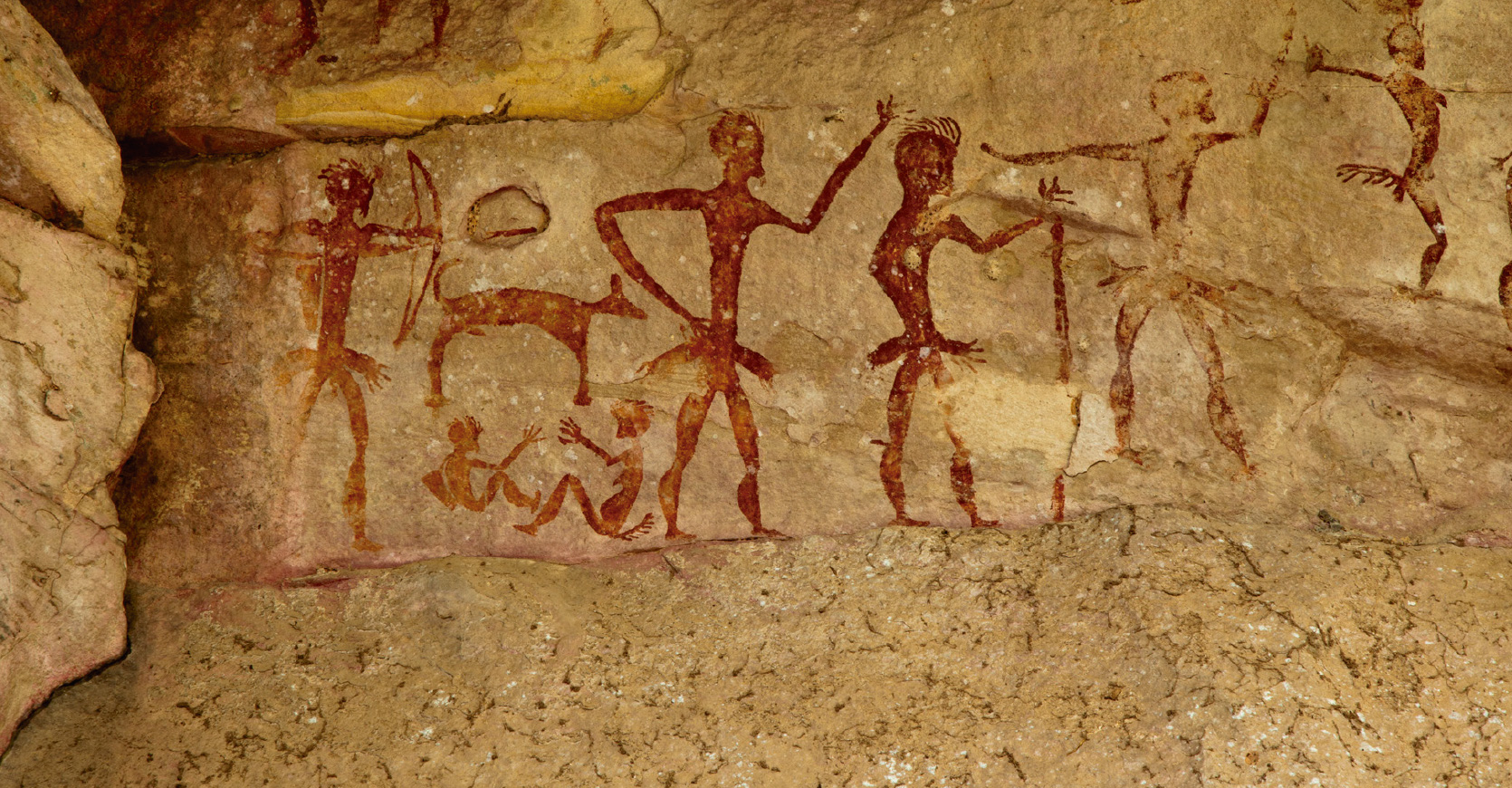
The origin and history of cheese
A journey through the ages, including the great milestones of cheese making and their close association with crucial moments in human history.
From the Neolithic to the present day, the evolution of cheese has a fascinating history in which innovation and tradition; craftsmanship and scientific and technical advances; and food, culture and pleasure came together from the beginning.
Cheese tells our story
The end of the Stone Age saw the beginning of livestock grazing, and, with it, cheese making. The Roman Empire extended its borders, and spread its knowledge of curdling milk. And there is more: the culture of medieval monasteries, the great scientist Louis Pasteur, etc. We invite you to discover the role of cheese at every stage of our history. Will you join us? Click on the period you would like to learn about.








 Curiosities of the cheese world
Curiosities of the cheese world 
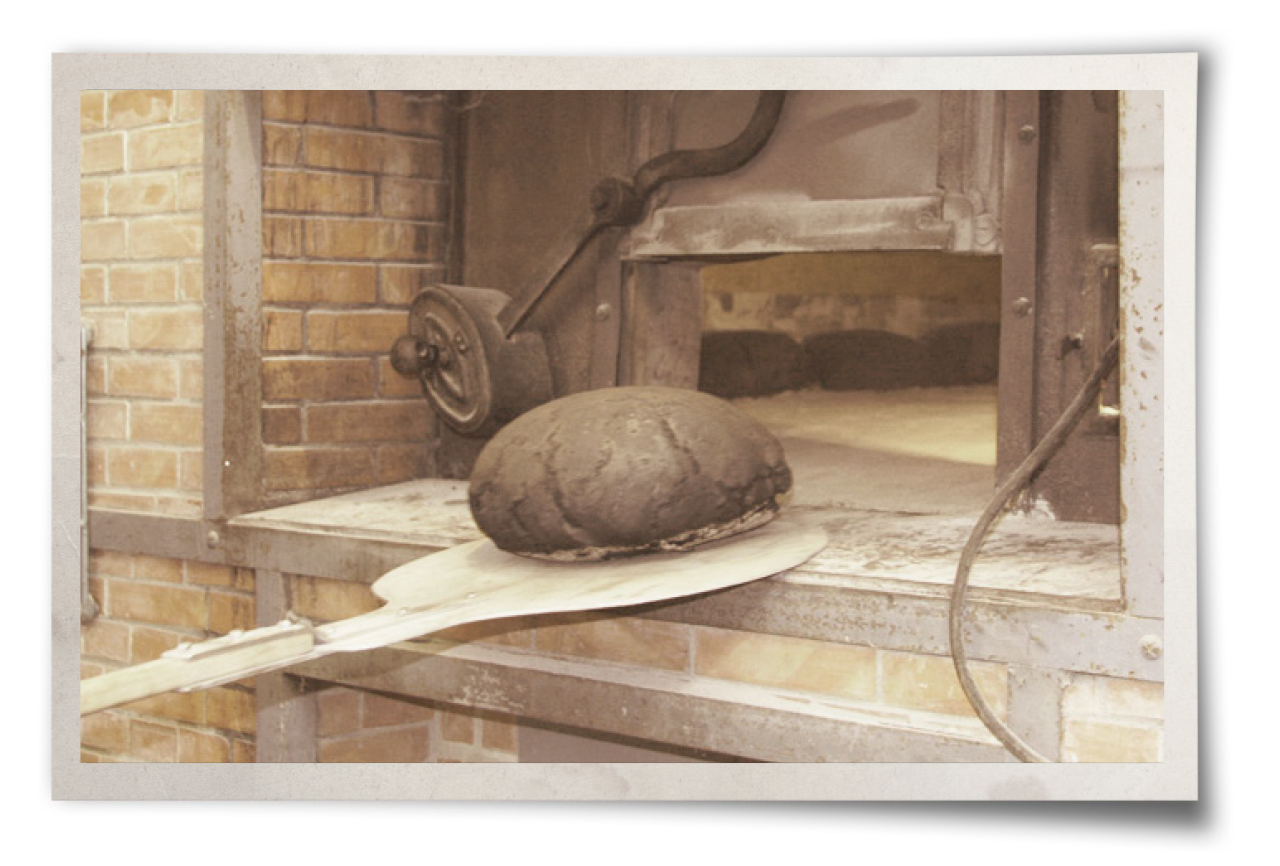
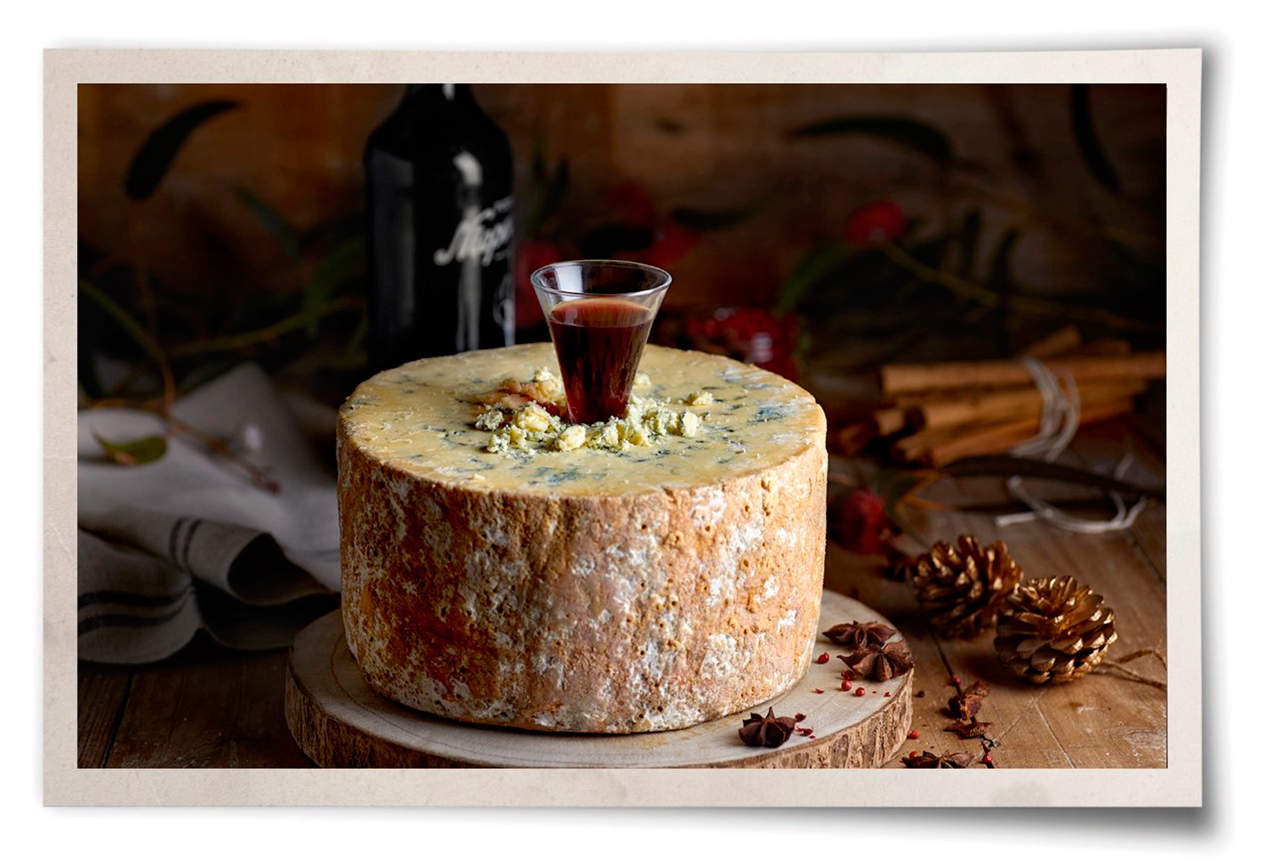
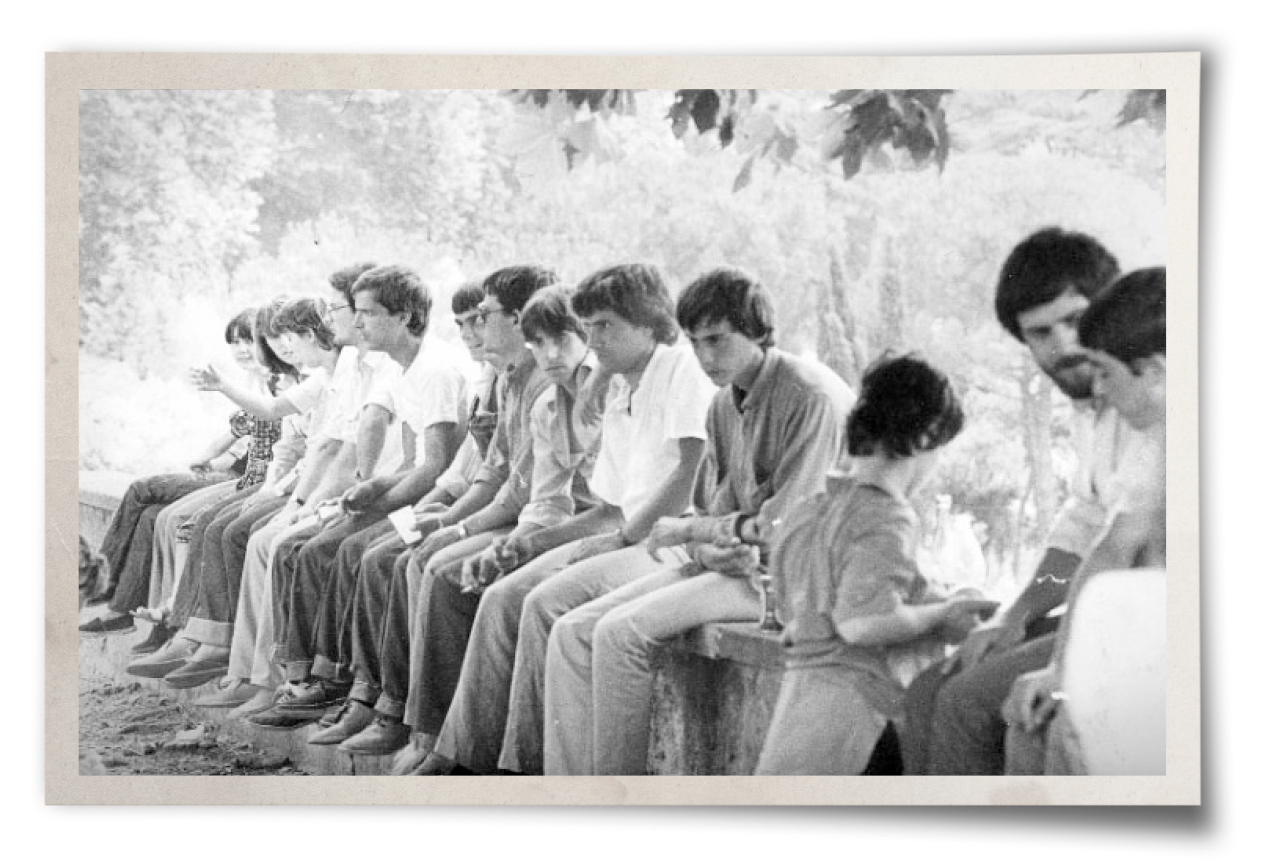

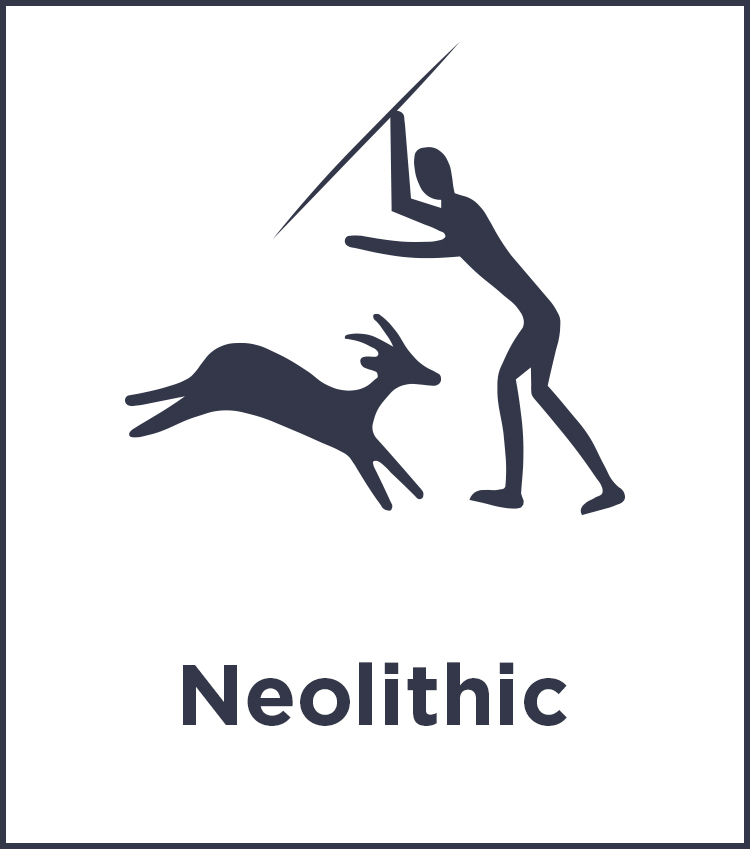



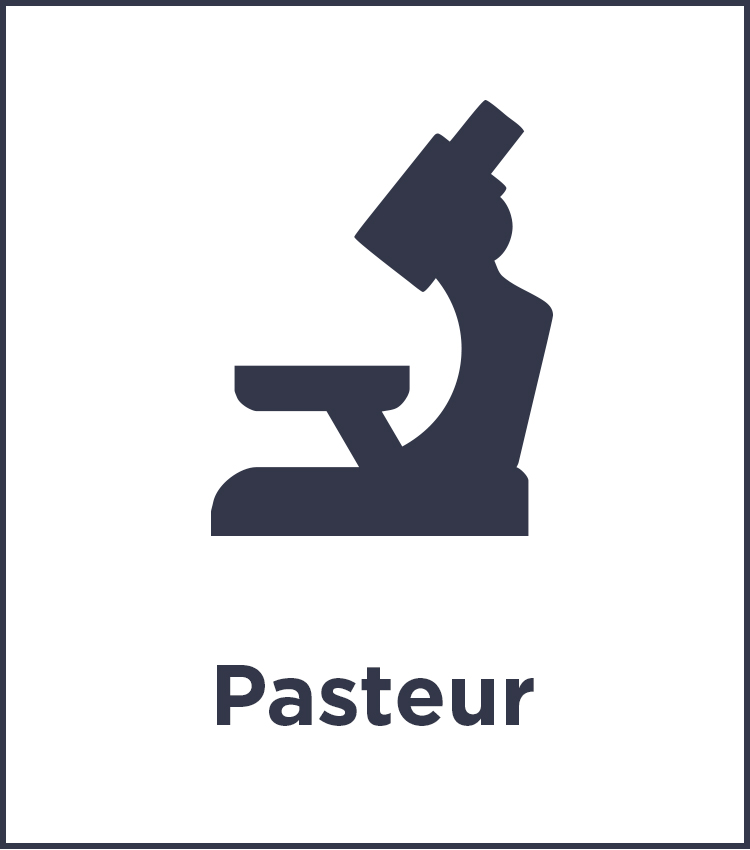



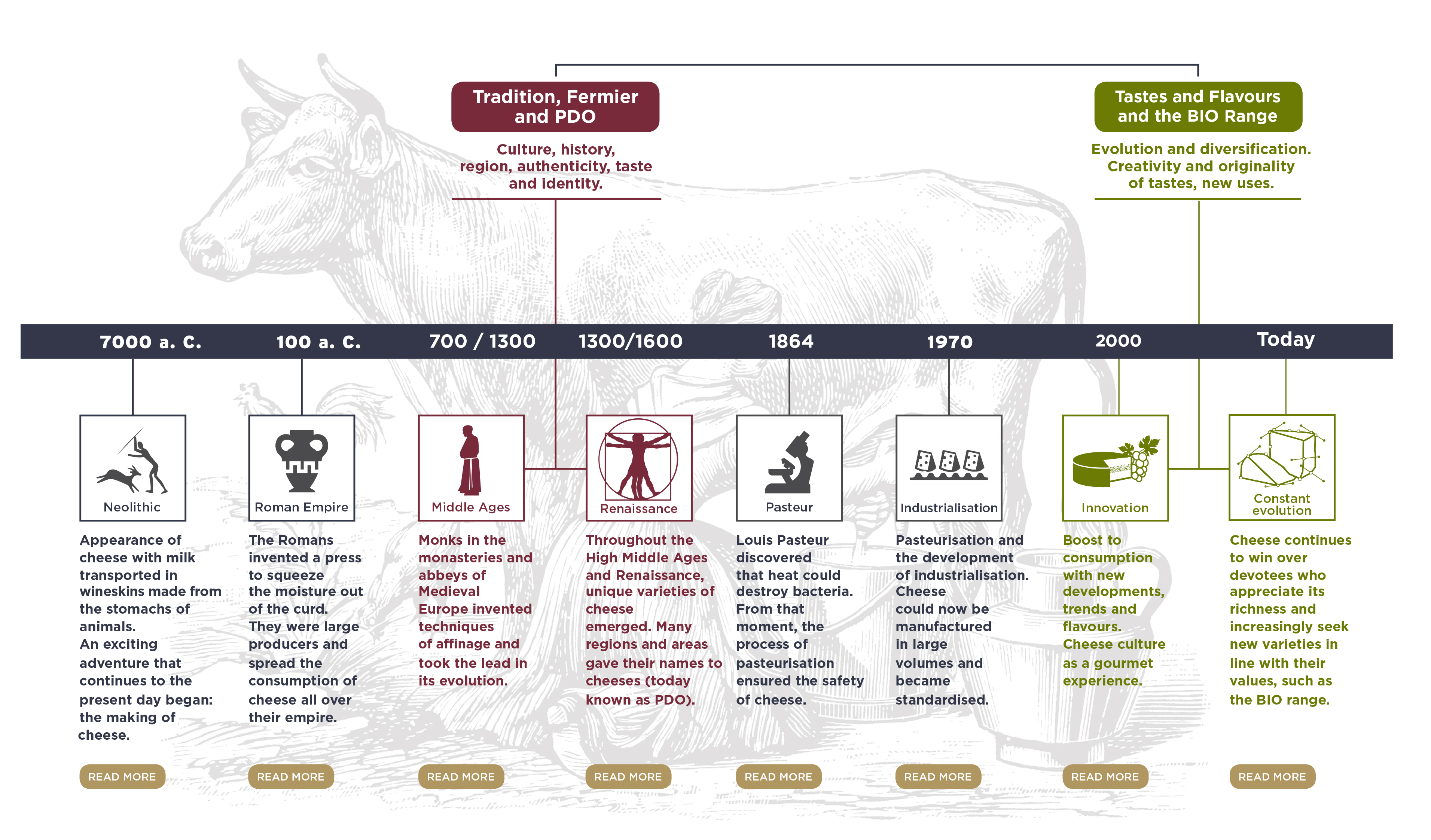

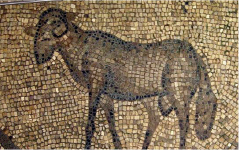

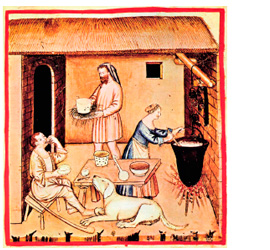 Taccuino Sanitatis, Casanatense
Taccuino Sanitatis, Casanatense Munster Ermitage
Munster Ermitage
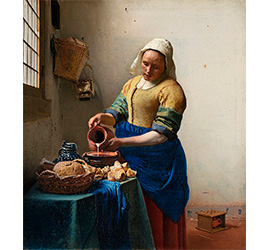
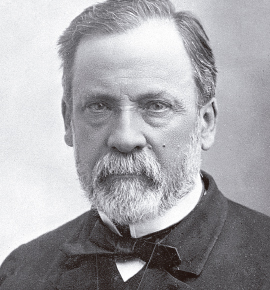
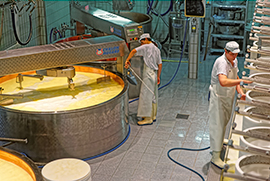
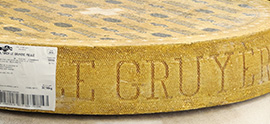
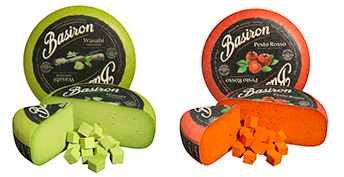

 The entire process of making these cheeses is carried out with scrupulous respect for the natural, faithful to the principles of sustainable production and the promotion of biodiversity, as endorsed by EU certificates.
The entire process of making these cheeses is carried out with scrupulous respect for the natural, faithful to the principles of sustainable production and the promotion of biodiversity, as endorsed by EU certificates.  The cows, sheep and goats that provide the milk graze in the fields of organic farms. And in the different stages of production and ageing, all chemical substances and additives are absent.
The cows, sheep and goats that provide the milk graze in the fields of organic farms. And in the different stages of production and ageing, all chemical substances and additives are absent.